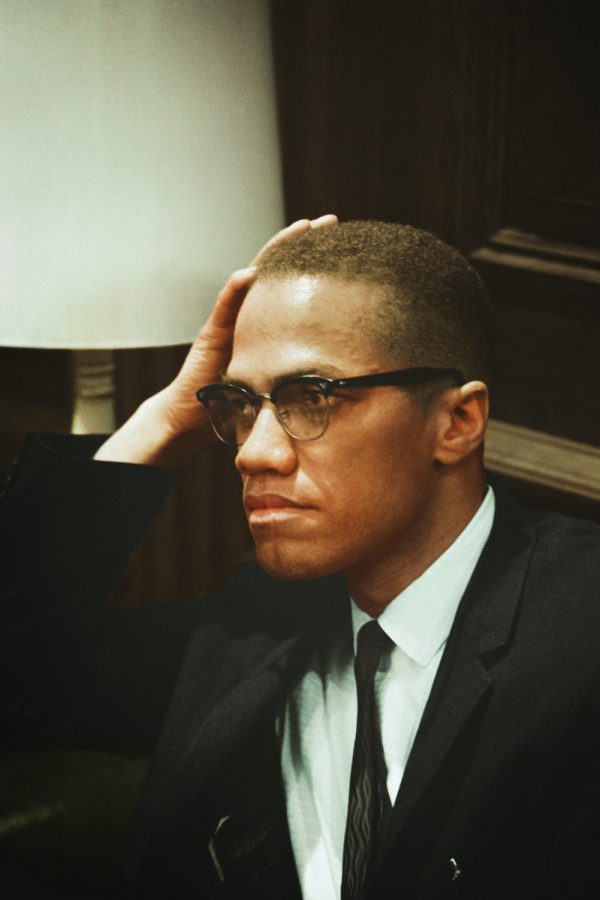Malcolm X: a leader whose ideas live on
Photo by Unseen Histories on Unsplash
Read about Malcolm X’s life and why so many people thought his ideas were controversial.
Malcolm X was originally born with the name Malcolm Little on May 19, 1925, in Nebraska. His father, Earl Little, was a Baptist minister.
His family was often terrorized by White Supremacists because of Earl’s support of Marcus Garvey, a Black Nationalist. Things got so bad that the family had to move multiple times. The group still terrorized them and actually murdered Earl and burned down his home. Later, Malcolm’s mother suffered a mental breakdown and was sent to a mental health facility. Malcolm and his sibling ended up getting split up between different orphanages.
Years later, Malcolm and his friend moved to Boston where they got involved in crime. He spent seven years in prison then went on parole.
During that time he chose to seek higher education. His brother would visit him and teach him about his Islamic religion. Malcolm decided to join the Nation of Islam (NOI) and even ended up changing his name. “By the time he was paroled in 1952, Malcolm was a devoted follower with the new surname ‘X.’ (He considered ‘Little’ a slave name and chose the ‘X’ to signify his lost tribal name.)” (Malcolm X Biography).
He eventually became a minister and the face of the NOI which brought fame for his religious beliefs and heavily reflected his stance on Civil Rights. The Nation of Islam was heavy on teaching that White people are evil and Black people are superior.
Malcolm X did many interviews and public speeches and he was known for being a charismatic, charming speaker. People were naturally enamored by him.
Malcolm X did not agree with the mainstream civil rights movement “challenging Martin Luther King, Jr.’s central notions of integration and nonviolence. Malcolm argued that more was at stake than the civil right to sit in a restaurant or even to vote—the most important issues were Black identity, integrity, and independence” (Britannica).
Malcolm X is famous for being more extreme than many Civil Rights activists at the time. He thought that people should take a more forceful approach because peaceful ones weren’t quite working out. He later found out the leader of the NOI was being hypocritical and disobeying his own teachings. He felt betrayed by this and decided to leave the organization.
He went on trip to Mecca and he felt enlightened. He came back from his trip with a different outlook. “A few months later, he traveled to Mecca, where he underwent a spiritual transformation: ‘The true brotherhood I had seen had influenced me to recognize that anger can blind human vision,’ he wrote” (History). He no longer simply saw White people as the enemy, but simply racism itself. He would only attack racism from then on.
It seemed he had found himself on this trip; he even changed his name to El-Hajj Malik El-Shabazz. He started his own organization known as the Organization of Afro-American Unity.
His time in this organization was when he really started giving Civil Rights knowledge that really influenced the movement and still influence people to this day.
When things became extremely dangerous for him, he almost never went anywhere without bodyguards, since many assassination attempts were made on his and his wife’s life. The leader of the NOI was still bitter about Malcolm X, or El-Hajj Malik, leaving and starting his own organization. The leader Elijah Muhammed was so bitter that he had instructed one of his followers to plant a bomb under Malcolm X’s car, but this follower happened to be an undercover FBI agent who was able to warn Malcolm X and his family.
Elijah Muhammed’s followers were successful in a later assassination attempt. On February 21, 1965, he sent three gunmen to gun him down while he was on stage doing a speech and had him killed. The assassins were caught and given life sentences for their crime.



